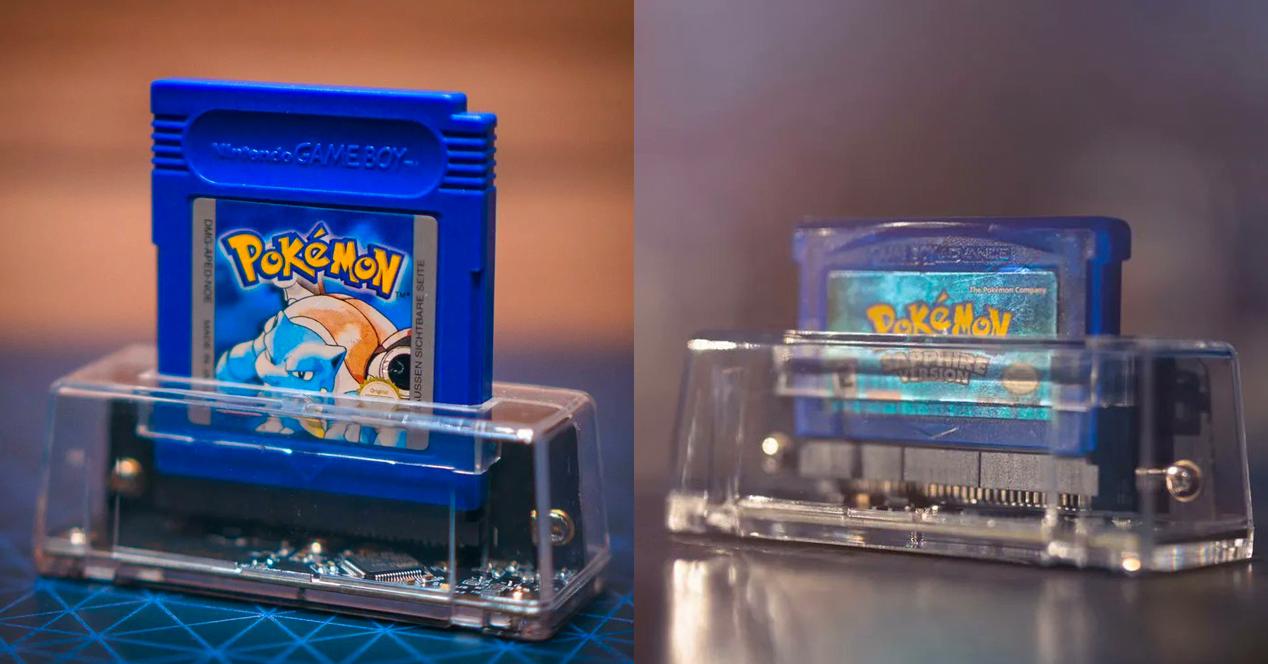
The dismantling of the ADSL copper network is progressing. This weekend, six French municipalities will be the first to switch entirely to fiber. However, the project is not unfolding without unforeseen events. Between uninformed subscribers and the reluctance of companies, the path is still strewn with pitfalls for Orange.

One year after the official announcement of the closure of the ADSL copper network, Orange is preparing to start the first phase of this titanic project. Before dismantling the thousands of kilometers of cables that run through France, the incumbent operator is keen to carry out some upstream tests to ensure that the transition goes smoothly.
Thus, from next weekend, 6 French municipalities, namely Provin (Nord), Voisins-le-Bretonneux (Yvelines) and Issancourt-et-Rumel, Vivier-au-Court, Vrigne-aux-Bois and Gernelle in the Ardennes, bid farewell to the ancestral copper network. Nevertheless, as Orange concedes, there are already, precisely, hitches.
The dismantling of the copper network promises to be more complicated than expected
In fact, just a few days before the network is closed, Orange is still counting 8% of subscribers who have not yet switched to a fiber offer, i.e. 800 households or businesses. These “dormant lines” as they are called, pose a real problem for the operator, who must quickly find an alternative to prevent users from going offline overnight.
Muriel Germa, director of copper infrastructure at Orange, remains optimistic despite everything, assuring that “of the 8 to 9% of lines still active, many should not cause problems”. Still have to go up the track. If some of these lines are unused because they are connected to unoccupied houses or old fax lines, others do correspond to active subscriptions.
On the same subject — Orange: a scam suggests that it is absolutely necessary to take out a fiber subscription to keep the Internet
According to Orange, these cases represent between 2 and 3% of lines in the test municipalities. The operator is already talking about setting up a 4G offer to allow a transition under the best conditions. For the most part, it is users still poorly informed by the projectwhich must therefore be taken care of to avoid unpleasant surprises.
They are also exposed to unexpected cuts in other services, such as their alarm system or landline telephone. “For the six municipalities, there was no national message, no hotline. For the future, not all municipalities will have an elected official capable of getting involved to compensate for this.worries Ariel Turpin, general delegate of Avicca.
Source : The echoes



